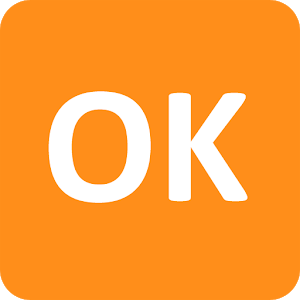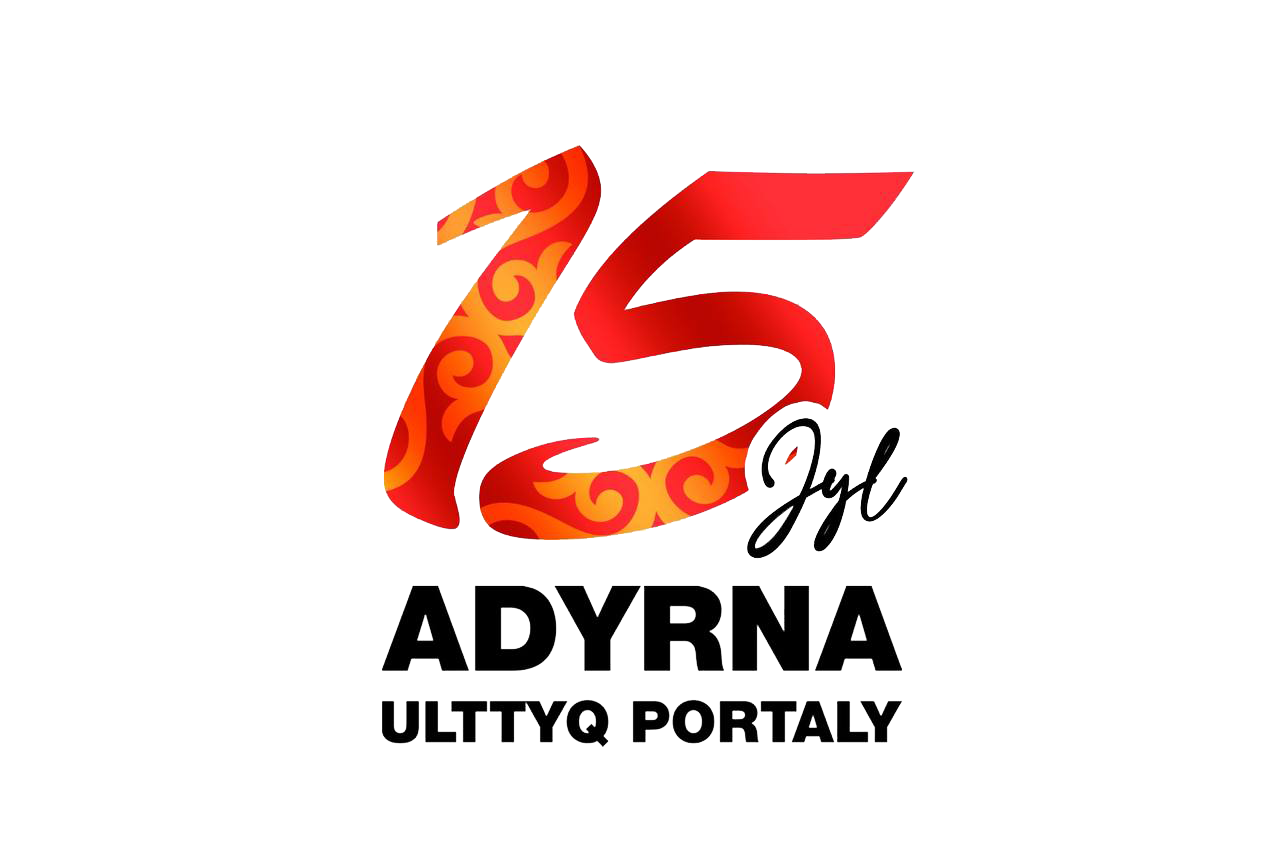The spread of COVID-19 has led to the closure of educational institutions all over the world. This tested the preparedness of universities to deal with a crisis that requires the help of advanced technology including hardware and software to enable effective online learning. Such closure accelerated the development of the online learning environments so that learning would not be disrupted. Many institutions in Kazakhstan including Al-Farabi Kazakh National University have become interested in how to best deliver course content online, engage learners and conduct assessments. Hence, COVID-19 while being a hazard to humanity, has evolved institutions to invest in online learning. And this, led us to make a study and illustrate pros and cons of online education influence through the prism of 4th year students of the Faculty of Philology and World languages.
So, we all know that online learning systems are web-based software for distributing, tracking, and managing courses over the Internet. It involves the implementation of advancements in technology to direct, design and deliver the learning content, and to facilitate two-way communication between students and faculty. They contain features such as whiteboards, chat rooms, polls, quizzes, discussion forums and surveys that allow instructors and students to communicate online and share course content side by side. These can offer productive and convenient ways to achieve learning goals. In Kazakhstan, the institutions are using Microsoft Teams, Google meet, and Moodle as learning management systems along with their applications for video conferencing. Other commonly used video conferencing solutions include Zoom, Skype, etc.
According to our survey, the faculty assessed the feasibility of online learning among students, trainees and faculty members. Almost 85% reported good technology access, online skills, and preparedness for online discussions among participants across the Kazakh National University. Also, it should be noted with the increase in use of online modalities, it is necessary to assess their effectiveness with regards to teaching and learning from various stakeholders. Therefore, the current study explores the perception of faculty. The findings will help identify the required changes on priority basis to make it more practical and worthwhile.That being said, we can clearly witness that e-learning has rather positive effect and at any case can be considered maybe a temporarily, but definitely a beneficial experience that improved our technological literacy, flexibility, time-managing capabilities, etc. Gaining these valuable skills will have a great effect on our future career for being able to carry multiple tasks online too. Also, during this time we got acquainted with several online-tools that ease the translation process which is probably the best part for students of Translation Studies. The current study reported advantages, limitations and future perspectives to improve online learning during lockdown of institutions during pandemic. This study interprets perspectives of students and members of the faculty, which showed that online learning modalities are flexible and effective source of teaching and learning along with some pitfalls. According to the teachers and students, online learning is a flexible and effective source of teaching and learning as most of them agreed upon the fact that this helps in distant learning with easy administration and accessibility along with less use resource and time. Regardless of time limit, students can easily access the learning material. This flexibility over face to face teaching has been reported. The students also become self-directed learners, which is an important competency for encouraging lifelong learning among health professionals.
Faculty teachers: Aidana AUSHENOVA,
Gulzhazira GABDKARİMOVA


















